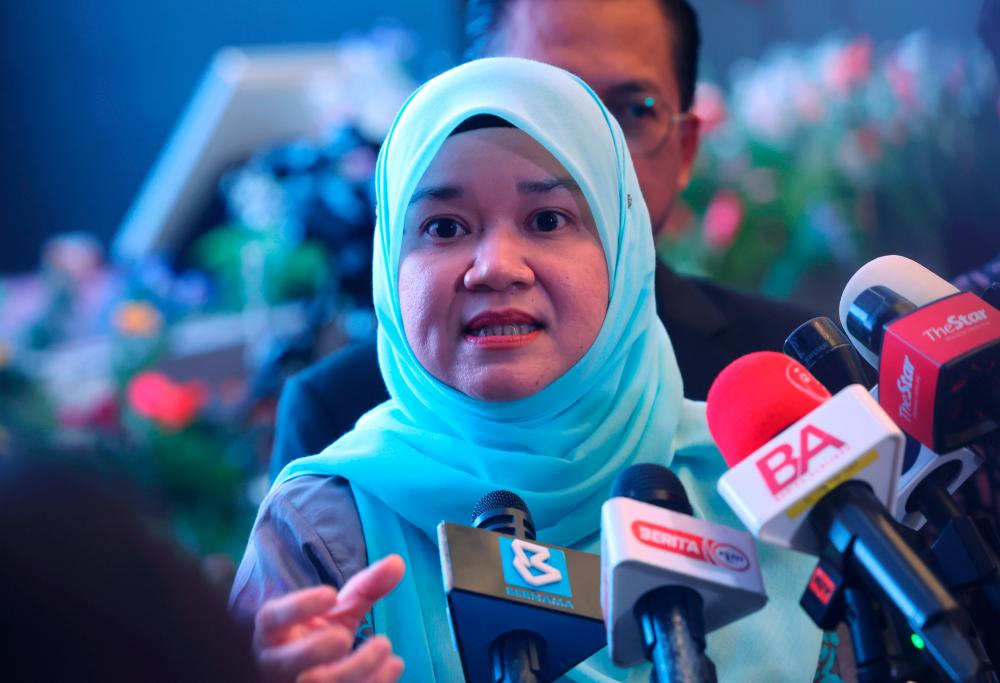BANGI: Sarawak’s proposal to formulate its own assessment system to replace the Ujian Pencapaian Sekolah Rendah (UPSR) for Year Six pupils in all government schools in the state is not in conflict with the national education policy, Education Minister Fadhlina Sidek (pix) said.
She said as long as the proposal is related to assessment, it aligns with the direction of the Ministry of Education (MOE).
“Currently, our (MOE) goal is to strengthen assessment. So, if it still within this assessment framework, we are prepared to assist Sarawak in the strengthening efforts,“ she said at the launch of the Digital Education Policy (DPD) at Bangi Avenue Convention Centre today.
In late October Sarawak Education, Innovation and Talent Development Minister (MEITD), Datuk Seri Roland Sagah Wee Inn said the state plans to devise its own assessment system to replace the UPSR and that the move is being studied because he believes that the test is the real benchmark to assess student performance.
According to Roland, it is also very important to determine which stream the student should be placed when entering secondary education.
On challenges faced by older teachers who might feel burdened by the digitisation initiatives in schools, Fadhlina said the ministry has a team ready to provide assistance to this group.
“Perhaps they have a bit of a problem in mastering digital skills, but don’t worry. We have a team going to the field to provide assistance to ensure the teaching seniors are not left behind,“ she said.
At the same time, she hopes that digital proficiency can be elevated to a higher level by 2025, considering that currently only two per cent of the country’s educators have fully achieved advanced digital skills.
“We conduct this competency training series throughout the year to ensure participants move from basic to intermediate level and progress to the advanced level group.
The advanced group is still small, and we need 76 per cent of educators at the intermediate level to continue to progress, while for the 22 per cent at the basic level, their competency must improve,“ she said. -Bernama









